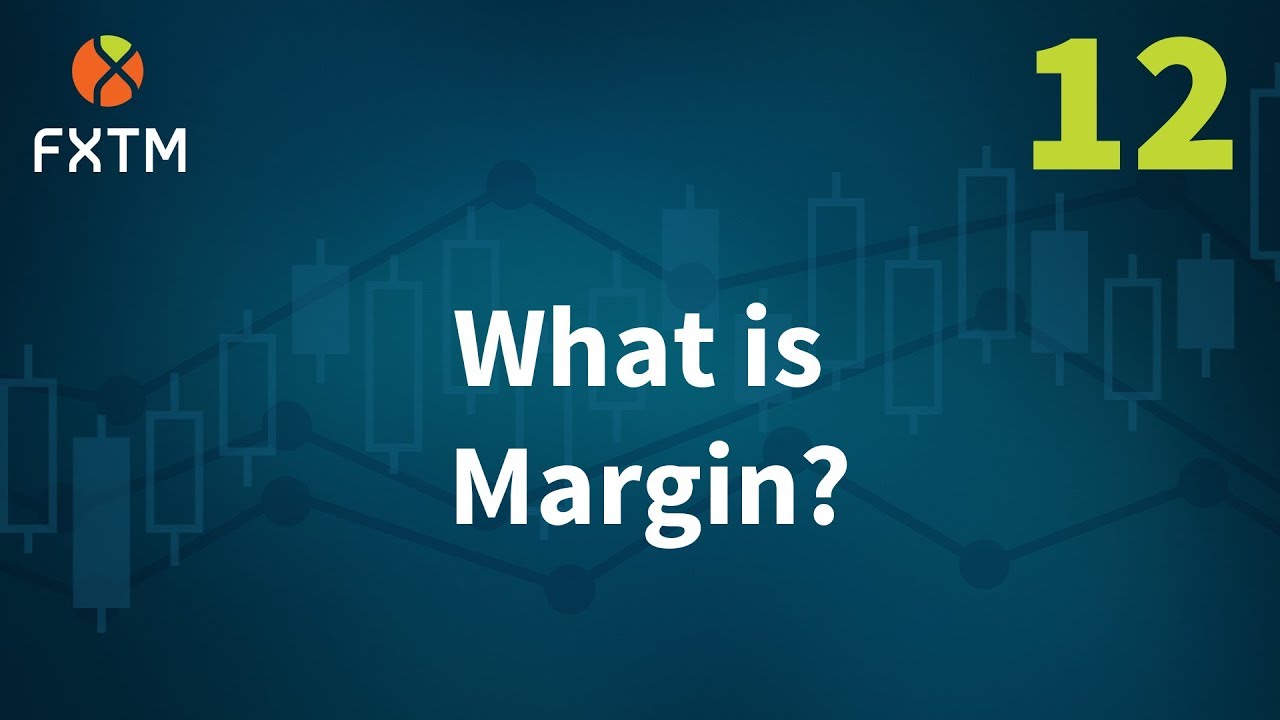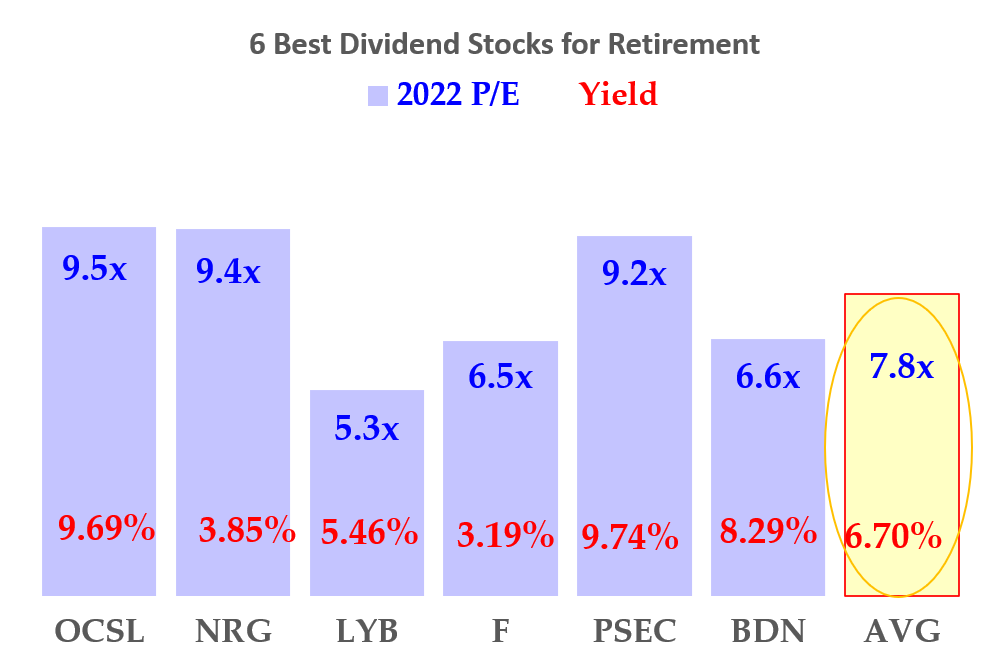
To learn how to trade the forex market, you should first open a demo account. These demo accounts allow you to trade any currency pair and without risking any money. Live accounts allow you to trade in real currencies. This makes trading much more realistic.
Managing risk
If you want to make money in the forex market, you need to learn how to manage your risk. This is essential for all traders, as a blown account can end your trading career. You have to be patient and avoid greed. Also, it's vital that you know how to choose your stop-loss and target limits.
Trading involves risk. It is important to be prepared for losing streaks. While it is best to keep your risk level consistent, losing streaks are possible for anyone. It is easy to lose your account by increasing your position size.

Using a demo account
Demo accounts are one of the best methods to learn how to trade the forex market. You have the opportunity to practice your strategies as well as manage your risk. It will also help you become more comfortable using a trading platform.
Demo accounts are great for avoiding mistakes. Although virtual profits can be huge, you could lose a lot. Demo accounts can be helpful but they can also lead to bad trading habits, even if there are no real losses. It is easy to forget that demo accounts are not real losses and that mistakes are acceptable.
Establishing a trading plan
Setting up a trading strategy is the first step to learning forex trading. A trading plan is a set or rules that will help you trade consistently and profitably. You need to have a plan that is based on your personal needs and trading goals, but it should also be flexible enough to adjust as you grow and develop your skills.
Your trading plan should include money management rules. These rules will outline how much risk you are willing and able to take on each opportunity. A profit target limit and stop loss must be established to limit your losses. You should also set up a personal circuit breaker to stop you trading if your capital falls below 5% in one day. You should also keep a trading journal, which will help identify profitable trades as well as minimize losses.

Make use of the latest news
Forex trading involves the use of fresh news. Forex traders can visit websites that cover the industry to keep up-to-date on what's happening. Trader's look at new economic and political news in order to understand how it could affect the currency pair they are trading. They also look at past events to determine what they think will happen in the future.
If the news is significant, the impact on the forex market may be enormous. The currency market can be affected by major economic data releases, speeches from government officials, as well as geopolitical events. It is possible to gauge the strength of an economy's future direction and how it will move in the near future by reading important news releases. Although trading news is risky, it may be beneficial for some traders to take advantage of the volatility that comes with a large release.
FAQ
Why is it important to have marketable securities?
An investment company's main goal is to generate income through investments. It does this through investing its assets in various financial instruments such bonds, stocks, and other securities. These securities have certain characteristics which make them attractive to investors. These securities may be considered safe as they are backed fully by the faith and credit of their issuer. They pay dividends, interest or both and offer growth potential and/or tax advantages.
A security's "marketability" is its most important attribute. This is the ease at which the security can traded on the stock trade. If securities are not marketable, they cannot be purchased or sold without a broker.
Marketable securities are government and corporate bonds, preferred stock, common stocks and convertible debentures.
These securities are often invested by investment companies because they have higher profits than investing in more risky securities, such as shares (equities).
How does inflation affect stock markets?
Inflation has an impact on the stock market as investors have to spend less dollars each year in order to purchase goods and services. As prices rise, stocks fall. That's why you should always buy shares when they're cheap.
What is the difference?
Brokers are individuals who help people and businesses to buy and sell securities and other forms. They handle all paperwork.
Financial advisors have a wealth of knowledge in the area of personal finances. They can help clients plan for retirement, prepare to handle emergencies, and set financial goals.
Banks, insurance companies and other institutions may employ financial advisors. Or they may work independently as fee-only professionals.
It is a good idea to take courses in marketing, accounting and finance if your goal is to make a career out of the financial services industry. Also, you'll need to learn about different types of investments.
What is the role and function of the Securities and Exchange Commission
SEC regulates securities brokers, investment companies and securities exchanges. It also enforces federal securities laws.
How do you invest in the stock exchange?
Through brokers, you can purchase or sell securities. A broker sells or buys securities for clients. When you trade securities, brokerage commissions are paid.
Banks typically charge higher fees for brokers. Banks are often able to offer better rates as they don't make a profit selling securities.
You must open an account at a bank or broker if you wish to invest in stocks.
If you hire a broker, they will inform you about the costs of buying or selling securities. He will calculate this fee based on the size of each transaction.
Ask your broker questions about:
-
The minimum amount you need to deposit in order to trade
-
How much additional charges will apply if you close your account before the expiration date
-
What happens if your loss exceeds $5,000 in one day?
-
How long can you hold positions while not paying taxes?
-
What you can borrow from your portfolio
-
whether you can transfer funds between accounts
-
how long it takes to settle transactions
-
The best way to sell or buy securities
-
How to Avoid fraud
-
how to get help if you need it
-
How you can stop trading at anytime
-
What trades must you report to the government
-
Whether you are required to file reports with SEC
-
What records are required for transactions
-
What requirements are there to register with SEC
-
What is registration?
-
How does it affect you?
-
Who needs to be registered?
-
What are the requirements to register?
Statistics
- Our focus on Main Street investors reflects the fact that American households own $38 trillion worth of equities, more than 59 percent of the U.S. equity market either directly or indirectly through mutual funds, retirement accounts, and other investments. (sec.gov)
- Even if you find talent for trading stocks, allocating more than 10% of your portfolio to an individual stock can expose your savings to too much volatility. (nerdwallet.com)
- "If all of your money's in one stock, you could potentially lose 50% of it overnight," Moore says. (nerdwallet.com)
- US resident who opens a new IBKR Pro individual or joint account receives a 0.25% rate reduction on margin loans. (nerdwallet.com)
External Links
How To
How to make a trading program
A trading plan helps you manage your money effectively. It allows you to understand how much money you have available and what your goals are.
Before you begin a trading account, you need to think about your goals. You may wish to save money, earn interest, or spend less. If you're saving money you might choose to invest in bonds and shares. If you are earning interest, you might put some in a savings or buy a property. You might also want to save money by going on vacation or buying yourself something nice.
Once you know what you want to do with your money, you'll need to work out how much you have to start with. This will depend on where and how much you have to start with. It is also important to calculate how much you earn each week (or month). The amount you take home after tax is called your income.
Next, you will need to have enough money saved to pay for your expenses. These include bills, rent, food, travel costs, and anything else you need to pay. Your total monthly expenses will include all of these.
Finally, figure out what amount you have left over at month's end. This is your net discretionary income.
You're now able to determine how to spend your money the most efficiently.
To get started with a basic trading strategy, you can download one from the Internet. You can also ask an expert in investing to help you build one.
Here's an example of a simple Excel spreadsheet that you can open in Microsoft Excel.
This will show all of your income and expenses so far. It includes your current bank account balance and your investment portfolio.
And here's another example. This was created by an accountant.
It shows you how to calculate the amount of risk you can afford to take.
Don't try and predict the future. Instead, focus on using your money wisely today.